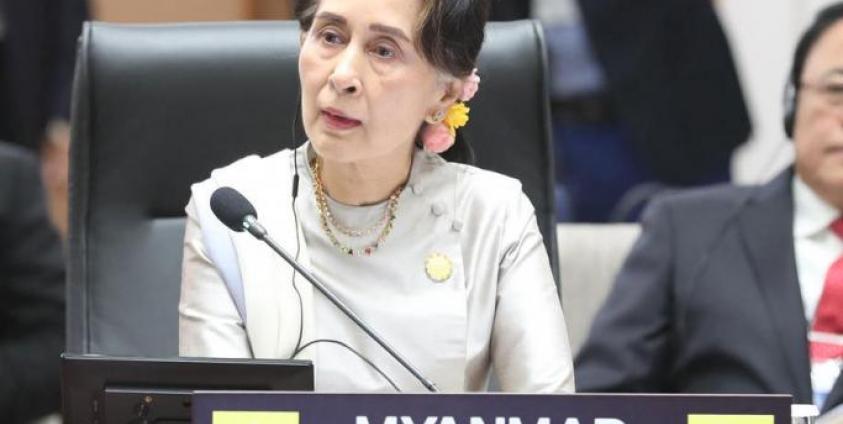Human Rights Watch (HRW) has issued a “Questions and Answers” document to explain the significance of Gambia’s action at International Court of Justice ICJ concerning the allegations of genocide in Myanmar.
The International Court of Justice (ICJ) in The Hague will hold its first hearings on Gambia’s genocide case against Myanmar on December 10-12. Gambia is asking the court to order provisional measures to protect the rights of ethnic Rohingya under the United Nations Genocide Convention.
On November 11, Gambia filed a case with the court alleging that Myanmar’s atrocities in its Rakhine state against Rohingya Muslims violate various provisions of the Convention on the Prevention and Punishment of the Crime of Genocide. On November 20, Myanmar recognized being bound by the ICJ statute and announced that Myanmar State Counsellor Aung San Suu Kyi, in her role as foreign minister, would lead the delegation to “defend the national interests of Myanmar.”
“Myanmar’s government for the first time will have to defend the military’s atrocities against the Rohingya before an independent and impartial court,” said Param-Preet Singh, associate international justice director at Human Rights Watch. “The government’s longstanding denials of wrongdoing ensure that this legal process is especially significant for Rohingya victims and survivors.”
During a clearance operation that the Myanmar government says was aimed at terrorists in Rekhine State more than 740,000 Rohingya were forced to flee across the border to Bangladesh.
In 2018, the UN Independent International Fact-Finding Mission on Myanmar presented a comprehensive analysis of the Rohingya’s status as a protected group, genocidal acts, and indicators of genocidal intent. It concluded that “the actions of those who orchestrated the attacks on the Rohingya read as a veritable check-list” on how to destroy a national, ethnic, racial, or religious group in whole or in part. The mission concluded in 2019 that “the State of Myanmar breached its obligation not to commit genocide under the Genocide Convention.”
Gambia, a small West African country emerging from a brutal dictatorship, brought the case against Myanmar before the International Court of Justice with the backing of the 57 members of the Organisation for Islamic Cooperation. It is the first time that a country without any direct connection to the crimes has relied on its membership in the Genocide Convention to bring a case before the world court. After filing the case, Gambian Justice Minister Abubacarr Tambadou said that “the aim is to get Myanmar to account for its action against its own people: the Rohingya.”








